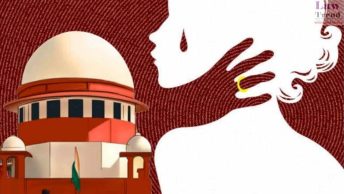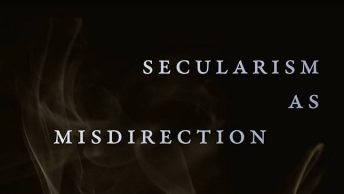As compared to those lawyers who cannot be called legal eagles, a legal eagle is one who is clever and aggressive. Therefore, journalist Indu Bhan’s book, [Legal Eagles, Random House India, Rs.399] narrating the success stories of the top seven Indian lawyers, would necessarily make its readers curious about what is so clever and aggressive about them that sets them apart from others of similar ilk.
Indu Bhan’s choice of seven is partly influenced by practical considerations of narrowing one’s focus for writing a book of this kind. As there are surely more than seven successful lawyers, what justifies her criteria of including one and excluding someone else? Are those excluded in the book less clever and aggressive? While one has to read the book to get the right answers, one can take her word that she narrowed her area of choice to post-liberalization era. She regrets that she could not include a woman, despite being a woman. But many would find her inability to find a woman subject for her book unconvincing.
That apart, there can be no dispute with her rationale that lawyers – top lawyers especially – contribute a lot to the reasoning of the Judges in their judgments, which become binding on all of us, but there is very little literature on successful lawyers. But what makes them successful in the first place – or to borrow the literal meaning of the book’s title – clever and aggressive? A legal lineage, with parents also in the legal profession, certainly helps. It is not surprising that parents of five of the seven subjects of Indu Bhan were or are successful lawyers.
Thus Harish Salve’s legal career began when he assisted his father, who was a chartered accountant, in 1975 in actor Dilip Kumar’s case. Our present AG, Mukul Rohatgi’s father was a lawyer practising in Delhi and later became a judge of he Delhi High Court in 1972. Abhishek Manu Singhvi’s father, L.M.Singhvi was himself an eminent lawyer. As he tells the author, “I could see law, I could smell law, and everything had the flavour of law at home”. Both Prashant Bhushan and Rohinton Nariman are children of hugely successful lawyers – Shanti Bhushan and Fali S. Nariman. The author apparently had no choice but to include Rohinton in the book, despite his becoming a Judge of the Supreme Court during the time when her book was in the making.
As I turn my attention to the two lawyers, who hail from non-legal families, I find that they too came under the influence of renowned lawyers very early in their lives, which helped them to choose law as their career. Thus Arvind P.Datar, the son of a captain in the merchant navy, was spellbound by the lectures of Nani Palkhivala, which made him aspire to be a tax lawyer. Datar showed his gratitude to his mentor by writing his biography recently. Aryama Sundaram’s (the book could have solved the mystery of why he is called Aryama, whereas in the court records, he is simply C.A.Sundaram) father, C.R.Sundaram was the Chairman of the National Small Industries Corporation, a public sector enterprise. But there is no mistaking Aryama’s legal lineage. His grandfather, C.P.Ramaswamy Aiyar was a renowned lawyer, apart from being a prominent and a well-known face in India’s public life.
The role of a privileged background in the making of a legal eagle is best brought out by Prashant Bhushan, who tells the author, when asked about his role in PILs: “For me, money is not a constraint, but I understand that it can be one for many people who do not come from such a privileged background”.
The book is sure to fill a crucial gap in the legal biographies. I am inclined to suggest that another book, choosing legal eagles, who do not owe their success to legal lineage, may perhaps be justified to correct the impression that this book might have unwittingly created among the readers.
The book can be purchased from here.







